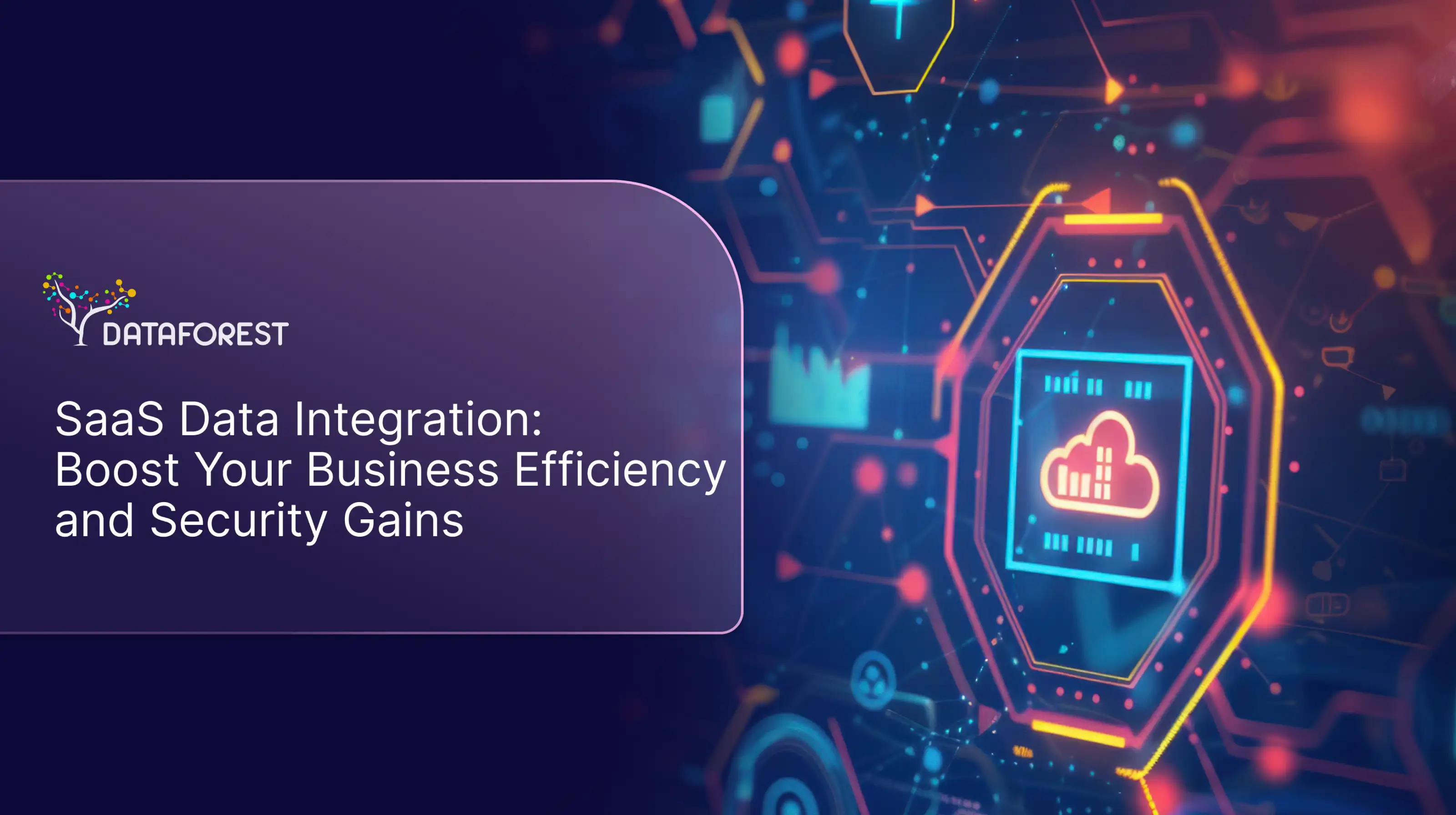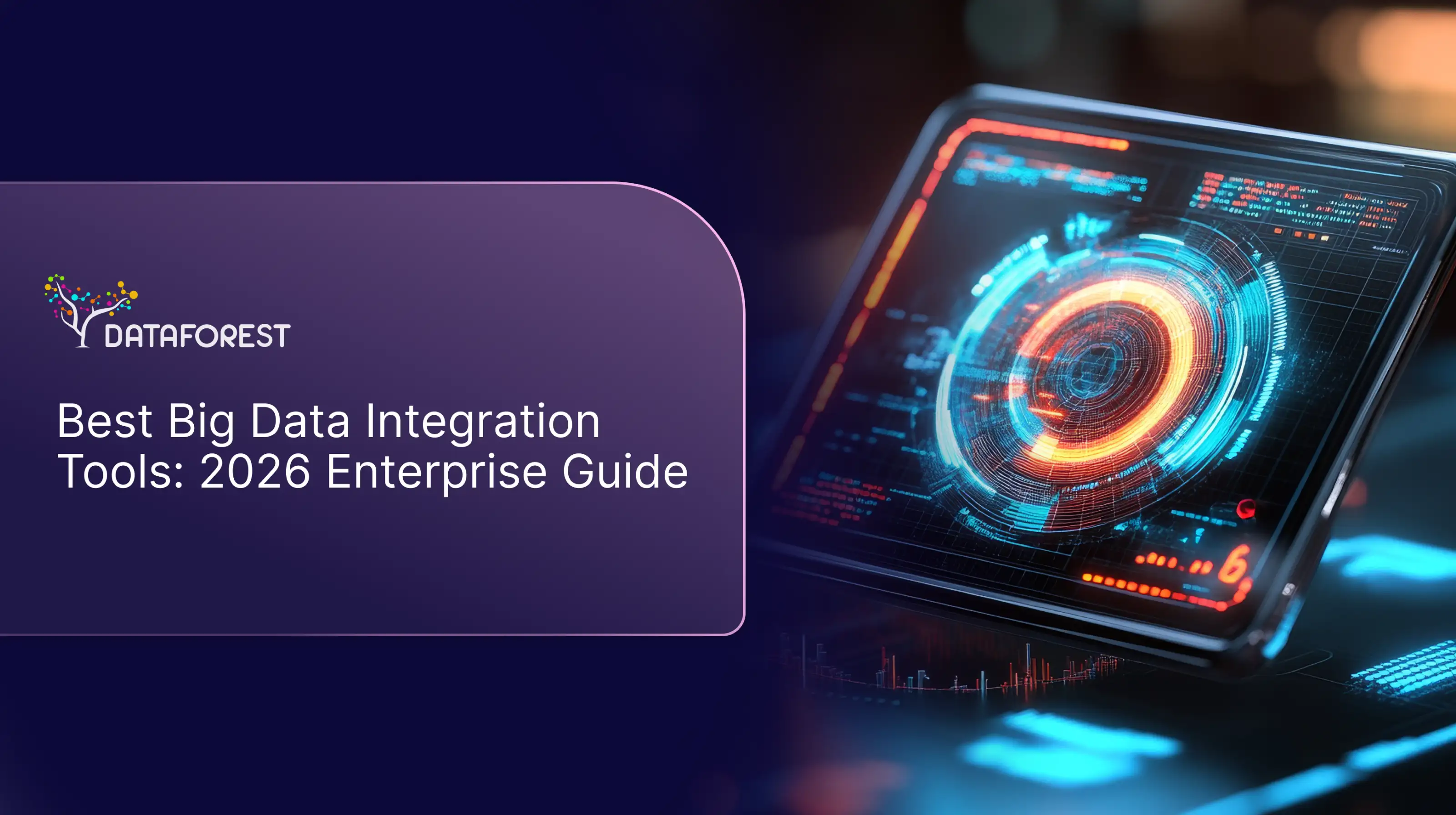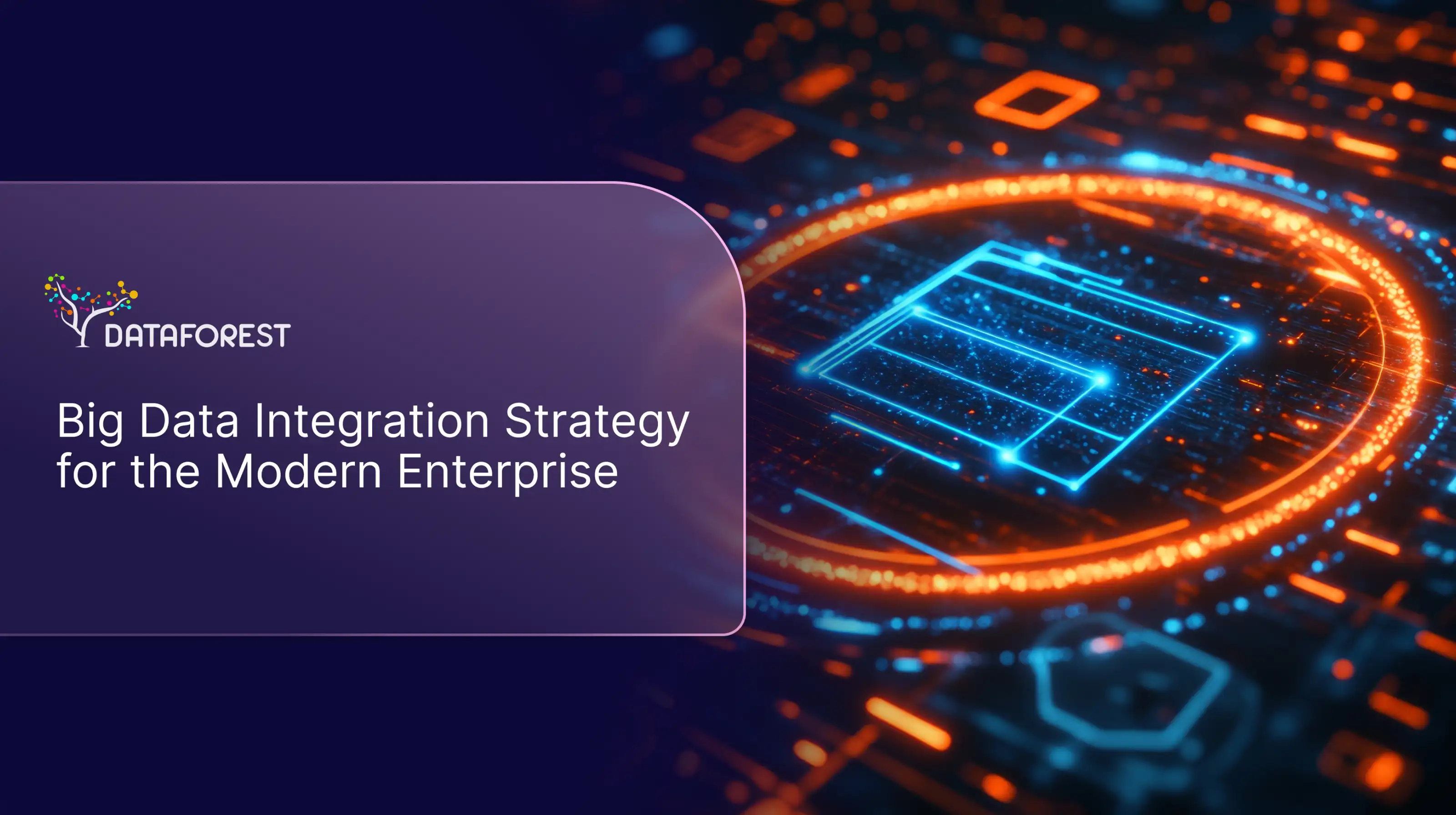An enterprise has petabytes of sensitive financial data stored across S3 and RDS that cannot leave the AWS cloud due to compliance requirements, yet you need advanced AI tools for real-time fraud detection. Traditional machine-learning approaches lack the contextual understanding needed to detect fraud patterns, and building your own AI for business infrastructure would require prohibitive expertise and cost. What is AWS Bedrock? It enables you to leverage AWS Bedrock foundation models through API integration directly within your VPC, maintaining data sovereignty while applying state-of-the-art artificial intelligence to existing data processing pipelines without additional infrastructure. If you are interested in this topic, please arrange a call.

Democratizing Enterprise-Grade AI Development
AWS Bedrock is a fully managed service that gives you API access to top foundation models from Anthropic, AI21 Labs, Cohere, Meta, and Amazon. It removes all the headaches of cloud infrastructure management so you can easily plug powerful language and image capabilities into your apps while keeping data safe in the AWS platform. The beauty of Bedrock's unified API is that you can experiment with different models without rewriting code or getting stuck with one vendor. You can personalize these AWS models through fine-tuning and AWS Bedrock embeddings to make them work for your specific needs and data. Bedrock essentially packages developer services, enterprise security, governance controls, and seamless Amazon Web Services integration into one solution that makes cutting-edge AI accessible to businesses without requiring a team of ML specialists. If you think this is your case, then book a call.
AWS Bedrock's Unique Role in the AWS AI Ecosystem
AWS Bedrock is the centralized foundation model hub within the AWS ecosystem, providing API access to pre-trained LLMs and multimodal models from multiple providers through a simplified interface.
Unlike SageMaker, which focuses on custom ML model development, training, and deployment across the entire lifecycle, Bedrock specializes in making foundation models immediately accessible with minimal ML expertise required. SageMaker demands deeper data science knowledge and offers granular control over model architecture and training processes, while Bedrock emphasizes rapid integration of existing foundation models into applications with customization limited to fine-tuning and AWS Bedrock-provisioned throughput approaches.
Bedrock seamlessly connects with other AWS services like Lambda, S3, and RDS, allowing developers to build AI-powered applications that leverage their existing AWS infrastructure and data. While SageMaker Canvas offers no-code ML for specific prediction tasks and Amazon Comprehend provides pre-built NLP for specific use cases, Bedrock uniquely delivers general-purpose foundation model capabilities for a broader range of applications. For organizations already invested in the AWS ecosystem, Bedrock represents the fastest path to deploying foundation model capabilities while maintaining governance, security, and data privacy within their existing AWS environment.
Core Features of AWS Bedrock
Foundation Model Marketplace: Access to multiple AWS Bedrock OpenAI models from providers like Anthropic, Cohere, AI21 Labs, Meta, and Amazon through a unified API.
Model Customization: Fine-tuning capabilities allow organizations to adapt foundation models to specific domains, tasks, and data without starting from scratch.
Retrieval-Augmented Generation: Built-in RAG functionality to ground model responses in private enterprise data, improving accuracy and relevance.
Seamless AWS Integration: Native connectivity with AWS services like S3, Lambda, SageMaker, and VPC for streamlined workflows and data pipelines.
Enterprise Security & Governance: Comprehensive controls, including private endpoints, encryption, access management, and model governance to meet compliance requirements.
Managed Infrastructure: Fully managed service that eliminates the need for specialized infrastructure, hardware provisioning, or ML operations expertise.
Evaluation Tools: Built-in capabilities to assess model performance, monitor outputs, and compare different analytics tools for specific use cases.
Strategic AI Value Without Technical Overhead
AWS Bedrock delivers operational benefits by eliminating infrastructure complexities and specialized AI expertise requirements while providing strategic advantages through accelerated time-to-market for AI capabilities and the flexibility to access multiple foundation models without vendor lock-in.
Flexible and Scalable Data Engineering with AWS Bedrock
AWS Bedrock gives data engineers fantastic flexibility with its unified API that lets you switch between different foundation models without rewriting the code. You don't have to worry about capacity planning either – it automatically scales to handle whatever you throw at it, from small test runs to massive production workloads. Need to work with text, images, and structured data all at once? No problem – Bedrock handles different data types through the same interface, simplifying those complex multimodal pipelines. It plugs right into the existing AWS stack like S3, Glue, and Kinesis, allowing you to add AI capabilities without disrupting what's already working. And with AWS scalability and pay-as-you-go pricing, you're not locked into high upfront costs but can scale your AI as your needs grow, which is perfect for handling expanding data volumes and new use cases.
Enterprise-Grade Security for AI Implementations
AWS Bedrock maintains data security and privacy through multiple layers of protection, including private VPC endpoints that ensure data never traverses the public internet and encryption of all data both in transit and at rest. The service supports AWS IAM for granular access controls, allowing organizations to restrict which teams can access specific models and customize permissions based on roles. Bedrock's architecture ensures that customer data used for inference or fine-tuning is never stored permanently and is not used to train the underlying foundation models. The platform offers comprehensive compliance certifications (HIPAA, SOC, ISO) and audit logging capabilities that track all model interactions for monitoring and regulatory requirements.
For example, a healthcare company processing patient records can use AWS Bedrock to analyze medical data for treatment recommendations while maintaining HIPAA compliance - the data remains within their AWS environment, travels through private VPC endpoints, is encrypted throughout the process, and access is strictly limited to authorized medical staff via IAM policies. All interactions are fully auditable through CloudTrail logs.
Seamless Integration with the AWS Ecosystem
AWS Bedrock is designed with native connectivity to existing AWS services through familiar APIs, SDKs, and console interfaces that maintain consistency with tools developers already use. The service supports direct integration with data sources like S3, DynamoDB, and RDS, eliminating complex ETL requirements when processing enterprise data through foundation models. Bedrock works seamlessly with AWS's identity and security services, including IAM, KMS, and CloudTrail, preserving existing governance mechanisms rather than requiring parallel security systems. The platform integrates with AWS's applications, such as Lambda, Step Functions, and EventBridge. It allows organizations to embed AI capabilities into event-driven architectures and serverless workflows. Additionally, Bedrock supports Amazon's networking capabilities like VPC and PrivateLink, ensuring foundation model traffic follows the same secure networking patterns as other AWS services within an organization's cloud environment.
Liberation from AI Infrastructure Complexity
AWS Bedrock eliminates the need to provision, configure, and maintain the specialized high-performance computing infrastructure typically required for foundation model deployment. Organizations avoid the significant capital expenditure and engineering expertise needed to build GPU clusters capable of serving foundation models at scale with low latency. The service automatically handles complex operational challenges, including load balancing, fault tolerance, and scaling to match demand fluctuations without performance degradation. Engineers are freed from the time-consuming tasks of model serving optimization, container orchestration, and hardware acceleration configuration that would otherwise consume valuable development resources. With infrastructure management handled by AWS, teams can focus entirely on their core competencies and business applications rather than becoming experts in the rapidly evolving field of AI infrastructure operations.
Transforming Business Processes with Foundation Models
AWS Bedrock lets you quickly plug powerful AI capabilities into your existing apps and workflows with simple API calls without needing to build specialized infrastructure or hire ML experts. You can use it for all sorts of things – processing documents intelligently, creating chatbots that understand context, generating content at scale, pulling insights from messy, unstructured data, building better search experiences, automating complex classification tasks, or personalizing customer interactions – all while keeping your data secure within your AWS environment.
Customer Support with Intelligent Automation
Modern enterprises are deploying AWS Bedrock to power sophisticated customer support chatbots and voice assistants that accurately understand natural language queries, dramatically reducing resolution times. These AI-driven solutions can access company knowledge bases, product documentation, and customer history through vector databases and RAG frameworks to provide contextually relevant responses that resolve customer issues rather than frustrating them with scripted replies. By integrating with existing customer service platforms through AWS Lambda functions and API Gateway, organizations create seamless multi-channel support experiences that scale instantly to handle thousands of simultaneous customer interactions while continuously learning from each engagement.
AI-Powered Content Creation
Marketing teams leverage AWS Bedrock to generate personalized content at scale, creating tailored product descriptions, email campaigns, and social media posts that resonate with specific customer segments based on demographic data and purchase history. These AI-driven systems integrate with existing marketing automation platforms through AWS Step Functions and EventBridge, enabling dynamic content optimization without rebuilding established workflows. By combining foundation models with customer data stored in S3 and analyzed through Personalize, organizations are improving engagement metrics while reducing content production time from weeks to hours.
Unlocking Value from Unstructured Text Data
Organizations are implementing AWS Bedrock to analyze vast repositories of unstructured text data – including customer feedback, support tickets, social media mentions, and product reviews – and extract actionable insights without manual coding or linguistic expertise. These systems leverage foundation models through simple API calls to perform sentiment analysis, entity recognition, classification, and topic modeling at scale, often integrated with existing data lakes in S3 and analytics pipelines in Glue. By connecting Bedrock with Amazon QuickSight or Redshift, business analysts can transform previously inaccessible text data into structured intelligence that drives strategic decision-making across product development, customer experience, and market positioning.
Intelligent Business Process Transformation
Organizations are integrating AWS Bedrock directly into core business workflows across finance, HR, operations, and sales to automate complex decision-making processes that previously required significant human judgment. These implementations connect foundation models through Step Functions and Lambda to existing enterprise systems like ERP and CRM platforms, enabling intelligent document routing, automated compliance verification, exception handling, and predictive interventions with minimal disruption to established business processes. By embedding AI capabilities within approval workflows, claims processing, financial reviews, and customer onboarding sequences, companies achieve dramatic efficiency improvements while maintaining governance through comprehensive CloudTrail auditing and human-in-the-loop oversight for critical decisions.
Getting Started with AWS Bedrock
Getting started with AWS Bedrock involves several key steps, from initial setup to deploying customized foundation models in your applications.
- Begin by accessing AWS Bedrock through the AWS Management Console and requesting model access to specific foundation models like Claude, Llama, or Titan, as some require explicit approval before use.
- Experiment with different models through the Bedrock console playground, which provides a no-code interface to test prompts, compare model outputs, and understand capabilities before writing any code.
- When ready for development, integrate the AWS SDK for your preferred programming language (Python, JavaScript, Java, etc.) and write basic API calls to the Bedrock service using existing AWS credentials and IAM permissions.
- Implement prompt engineering techniques for most applications to optimize model instructions, context, and parameters to achieve reliable outputs for your specific use case.
- To improve performance on domain-specific tasks, use Bedrock's fine-tuning capabilities by preparing a training dataset of examples and submitting it through the console or API to create a customized model variant.
- For applications requiring factual accuracy and current information, implement RAG (Retrieval-Augmented Generation) by connecting vector databases like Amazon OpenSearch or Neptune with Bedrock to ground model responses in your proprietary data.
- Deploy your Bedrock integration into production by implementing proper error handling, monitoring with CloudWatch, and governance controls while optimizing cost efficiency through appropriate model selection and caching strategies.

Strategic Advantages for AWS Partners Leveraging Bedrock
AWS partners like DATAFOREST gain significant competitive advantages by implementing Bedrock solutions, including the ability to rapidly develop and deliver AI-enhanced data engineering offerings without investing in specialized ML infrastructure or expertise. Partners can differentiate their service portfolios by directly integrating foundation models into existing AWS-based data pipelines they've built for clients, creating immediate added value while maintaining consistent security and governance frameworks. The partner ecosystem benefits from AWS's go-to-market support and technical resources designed explicitly for Bedrock implementations, accelerating client acquisition through validated partner solutions that demonstrate proven expertise in AI-powered data engineering.
Please fill out the form and connect to a business future by API.
FAQ
How does AWS Bedrock differ from Amazon SageMaker in the context of generative AI?
AWS Bedrock provides ready-to-use foundation models through simplified APIs, requiring minimal ML expertise and focusing specifically on generative AI implementation. SageMaker offers comprehensive ML platform capabilities for developing, training, and deploying custom models of all types, requiring more technical expertise but providing greater control over the entire ML lifecycle.
Which model providers are supported in AWS Bedrock, and how do I choose the right model?
AWS Bedrock offers foundation models from providers including Anthropic (Claude), AI21 Labs (Jurassic), Cohere (Command), Meta (Llama), Stability AI, and Amazon (Titan) with various capabilities and price points. Choose based on your specific use case requirements, evaluating factors like language understanding, creative generation, reasoning capabilities, cost, latency, and token limits by testing multiple models in the Bedrock playground.
How are data security and privacy ensured when using AWS Bedrock?
AWS Bedrock maintains data privacy through private VPC endpoints, rest and transit encryption, and IAM-based access controls that integrate with existing security frameworks. The service architecture ensures customer data isn't stored permanently or used to train foundation models while offering comprehensive compliance certifications and audit logging for regulatory requirements.
What API tools does AWS Bedrock provide for integration into business processes?
AWS Bedrock offers REST APIs and SDK support for multiple programming languages (Python, JavaScript, Java) with inference, streaming, fine-tuning, and batch-processing capabilities. These APIs integrate seamlessly with AWS services like Lambda, Step Functions, and EventBridge, enabling AI capabilities to be embedded directly into event-driven architectures and serverless workflows.
Can AWS Bedrock's pre-trained models be customized to meet specific business requirements?
AWS Bedrock supports fine-tuning capabilities that allow organizations to adapt foundation models to specific domains and tasks using their proprietary data. Additionally, the service offers built-in RAG (Retrieval-Augmented Generation) functionality to ground model responses in enterprise knowledge bases without full model retraining.
How does AWS Bedrock handle the workloads of scaling AI solutions?
AWS Bedrock automatically scales to meet demand fluctuations without requiring capacity planning or infrastructure management, handling everything from development experimentation to production traffic. The service maintains consistent performance during scaling events with built-in load balancing and fault tolerance, allowing organizations to focus on applications rather than infrastructure concerns.
What is AWS Bedrock's pricing approach compared to deploying your AI models?
AWS Bedrock uses a pay-as-you-go pricing model based on actual usage (typically per 1,000 tokens processed), eliminating the substantial upfront infrastructure costs and ongoing operational expenses of self-hosting. This approach provides significant cost advantages over deploying your own AI infrastructure, which would require specialized hardware investments, ML expertise, and continuous management overhead.
What is an AWS bedrock architecture diagram?
The AWS Bedrock architecture enables the seamless integration of foundation models via API access while maintaining security and compliance within the AWS ecosystem. It connects with AWS services like S3, RDS, Lambda, and IAM, providing a scalable, serverless, and secure AI infrastructure without requiring specialized ML expertise.









.webp)















